There’s a bit of an obsession with carbohydrates in the distance running world.
A lot of athletes and recreational runners firmly believe they need to be eating piles of pasta or rice before shorter distance events.
But is it actually worth it? Built for Athletes takes a look.
Is Carb Loading Worth It For A 10k?
The short answer is probably not. You’re not going to be depleting the glycogen stores in your muscles or liver during a 10k race, so there’s no need to take any extra precautions to top it up.
In fact, if you overeat the night before and feel uncomfortably bloated the next day, it could impair your performance.
Most nutritionists would advise a runner to eat a balanced meal containing a good amount of protein, fat and carbohydrate.
What Should You Eat Before A 10k?
As touched on above, you want to eat balanced meals the day before a race. Fish, chicken or lentils with rice and vegetables could be an example meal. Avoiding any rich or creamy foods, such as curries, which may be harder to digest, is advisable.
Try to eat a light breakfast two or three hours before your race. A bagel with nut butter or a low fibre cereal could work well.
Then top up with a snack about 30-60 minutes before the race so you’re not running on an empty stomach. A piece of fruit or an energy gel might be convenient.
Stay Hydrated
A body water deficit of around 2-3 per cent of body weight can lead to as much as a 10-20 per cent drop in performance levels, so turning up at the start line well hydrated is crucial.
Make sure you drink regularly the day before the race. You can monitor your hydration levels through urine colour.
On the morning of the race you will likely have dehydrated a little overnight, so be sure to sip on water or a sports drink.


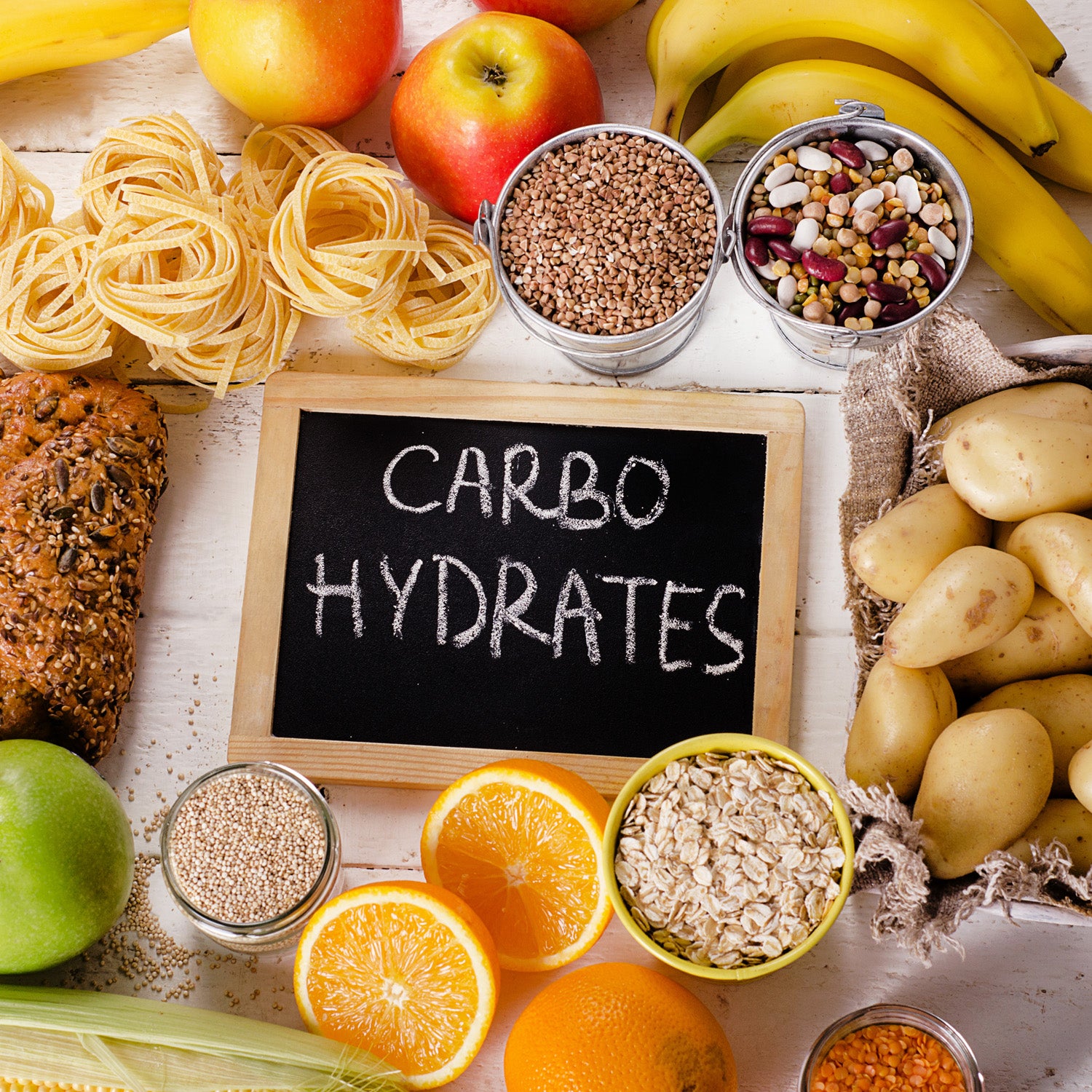

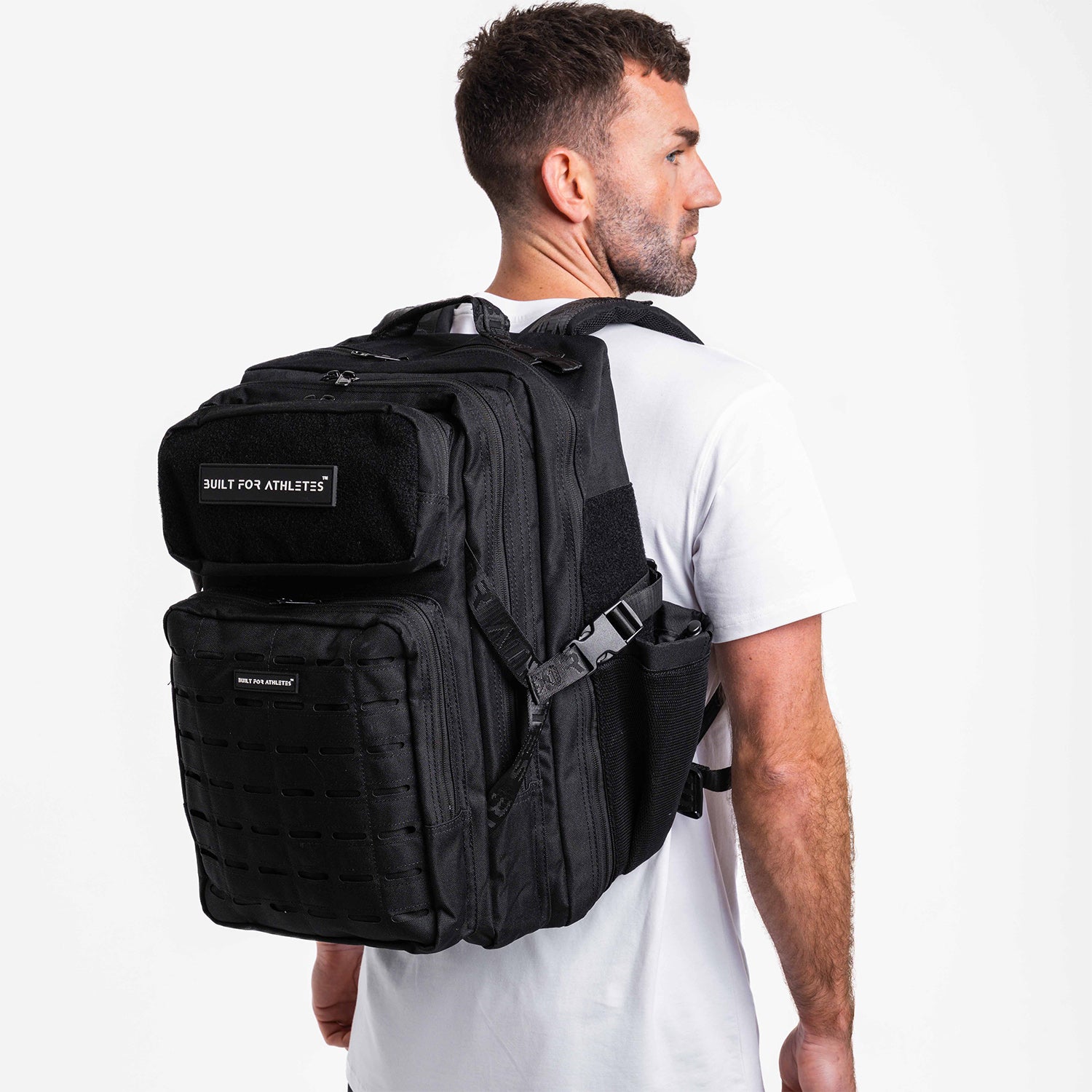
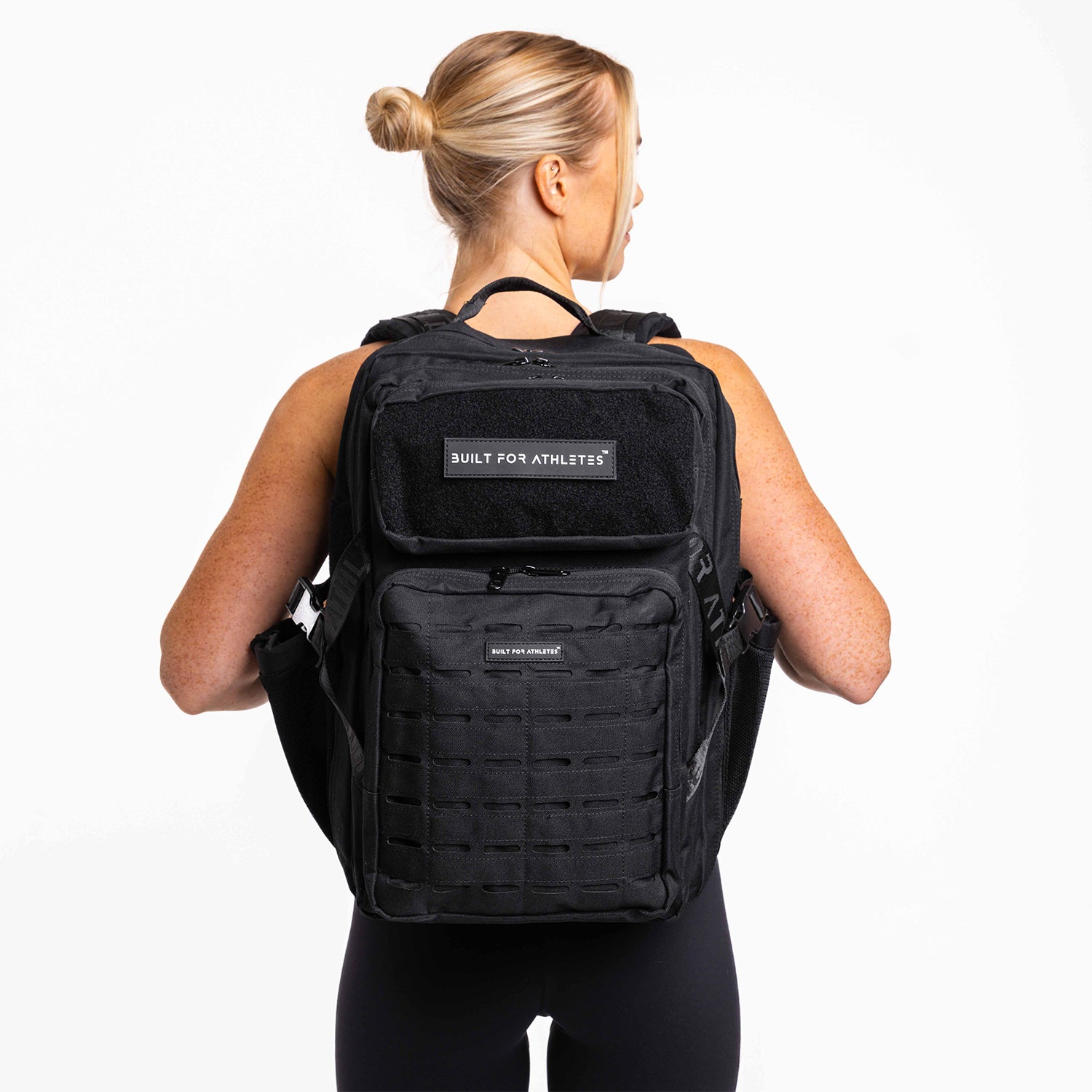
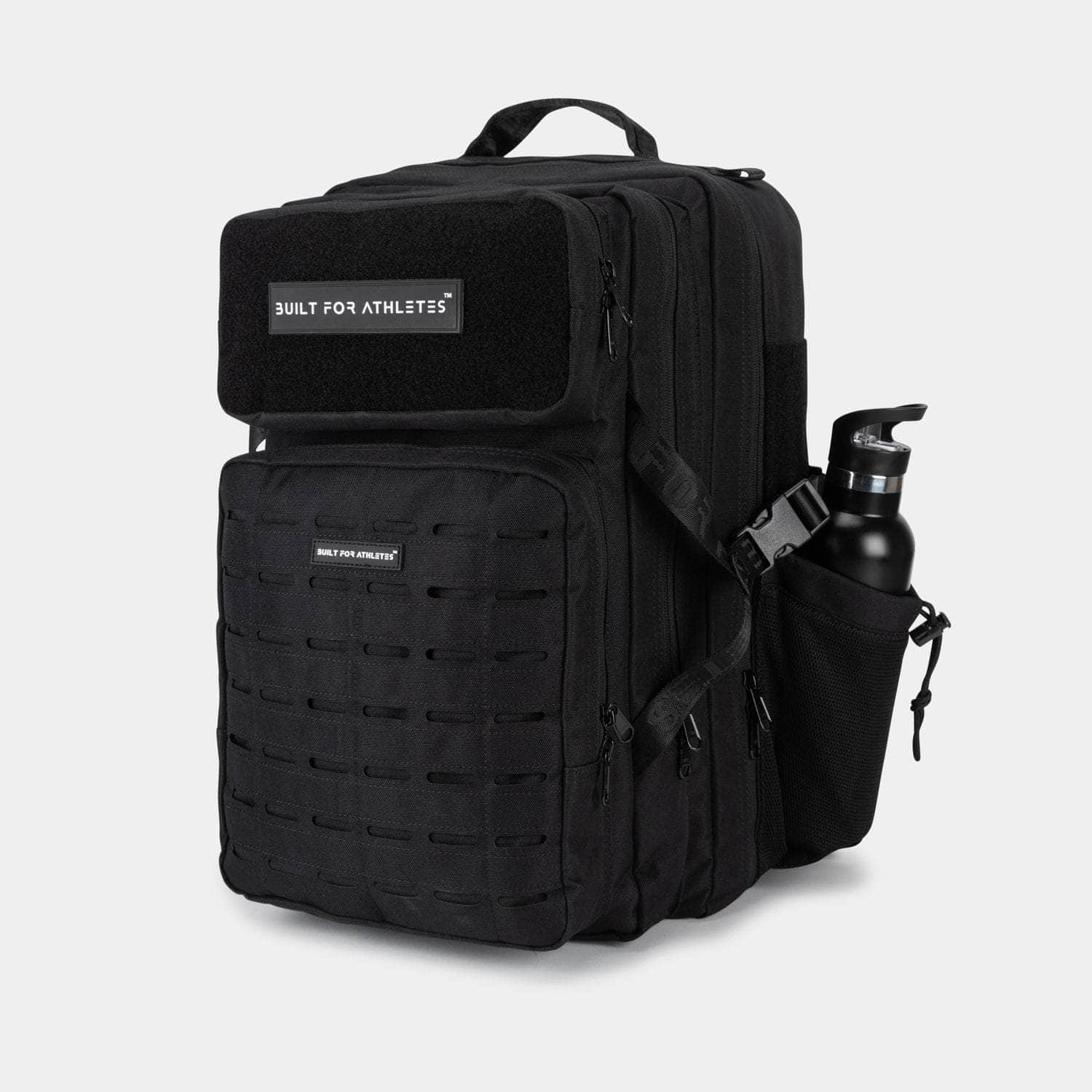






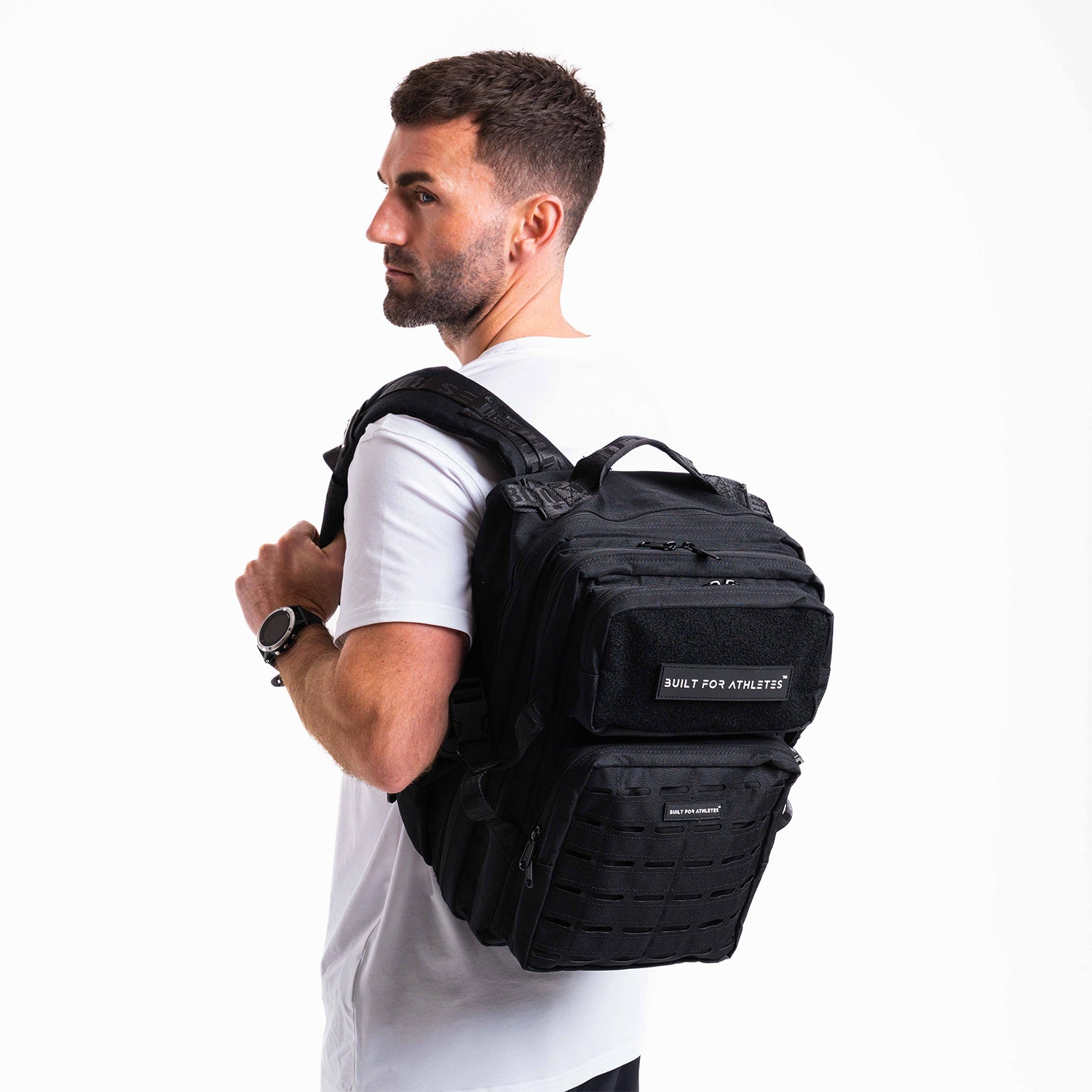
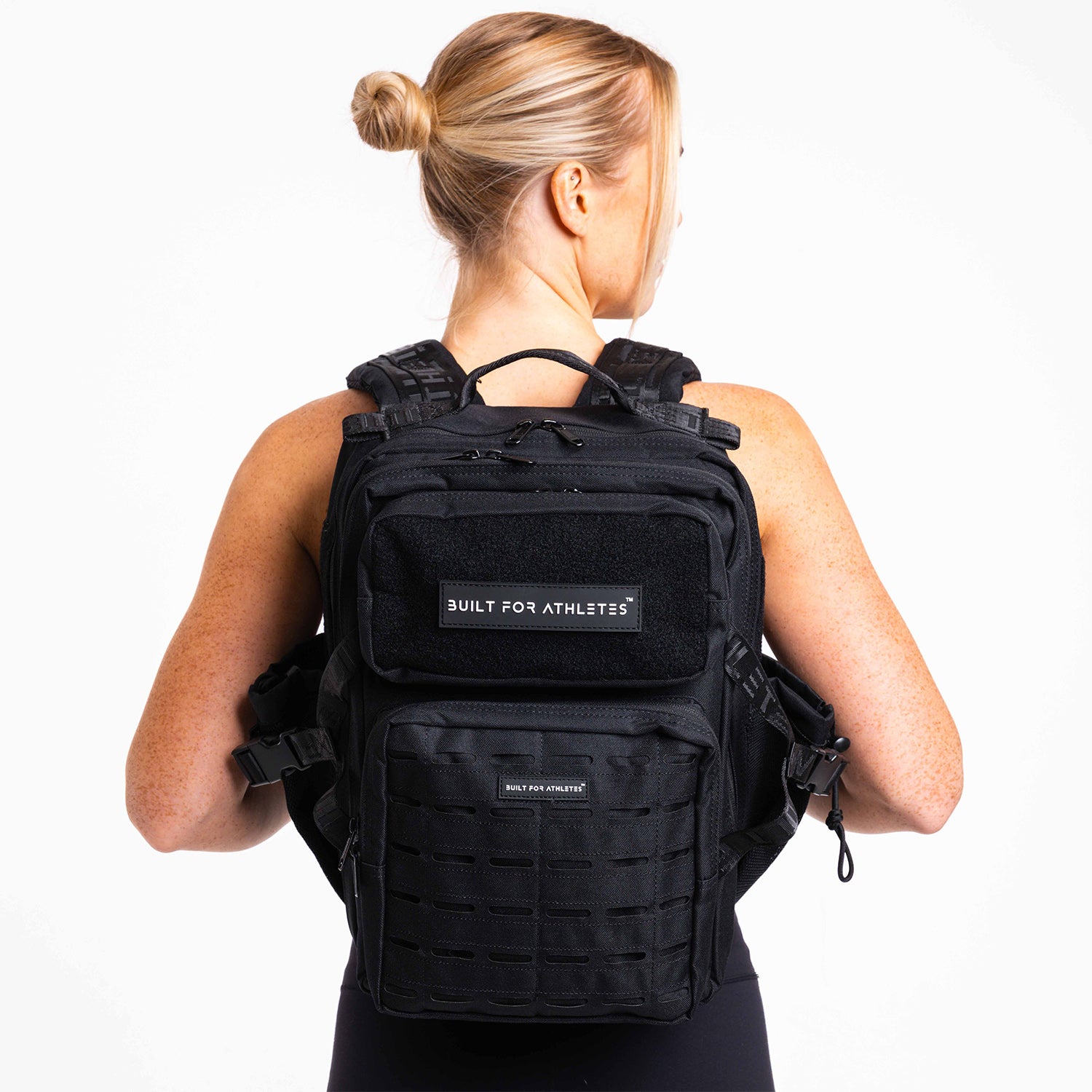
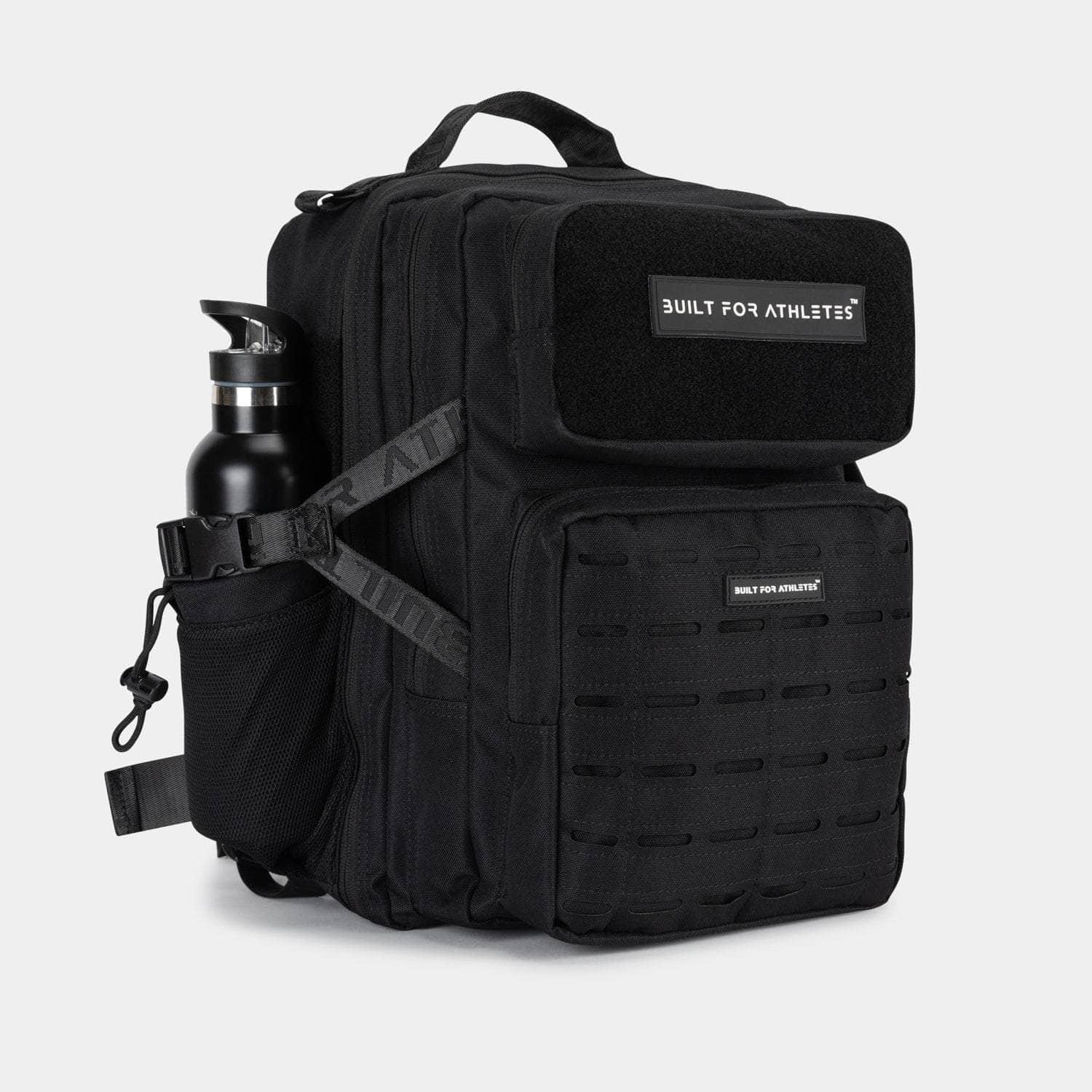




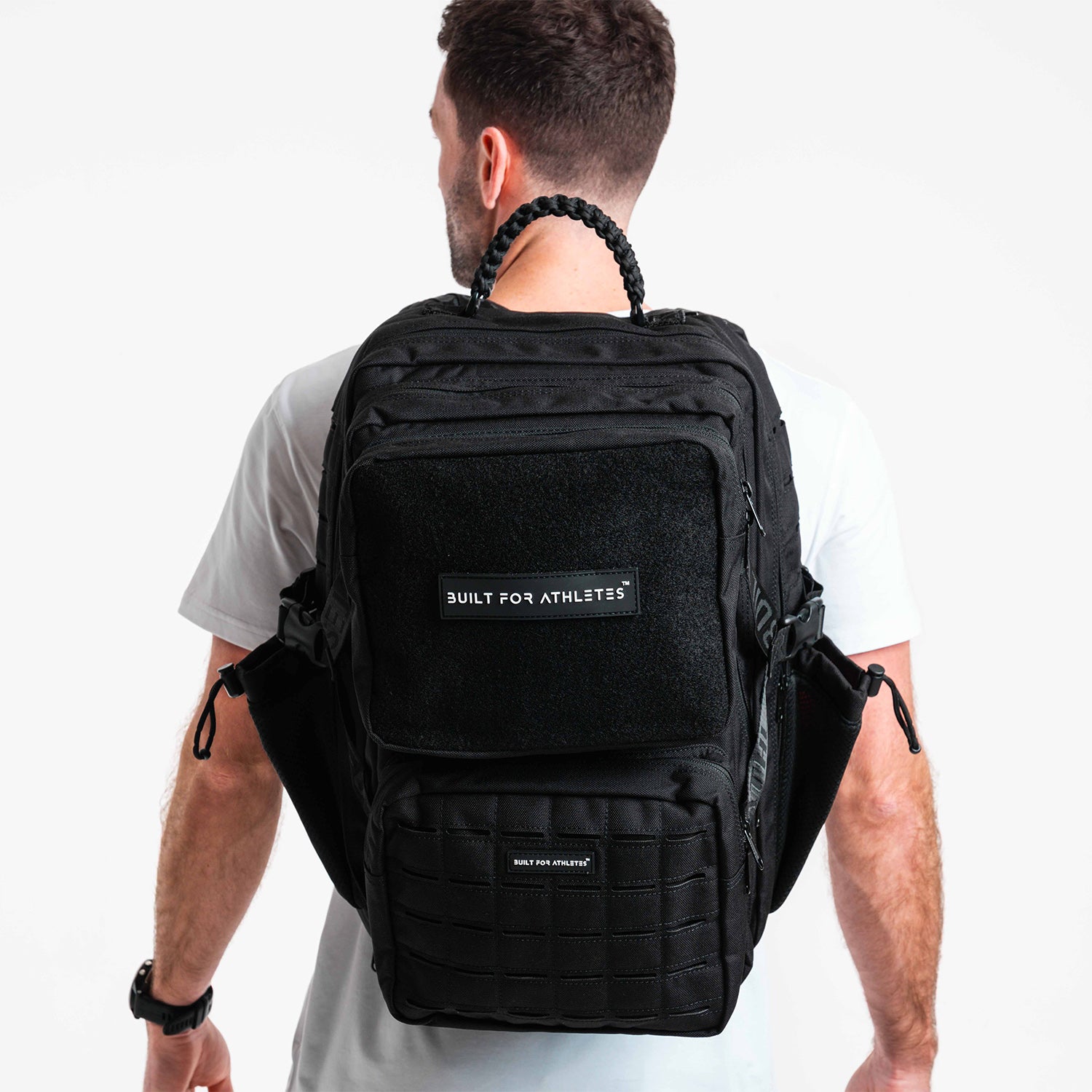
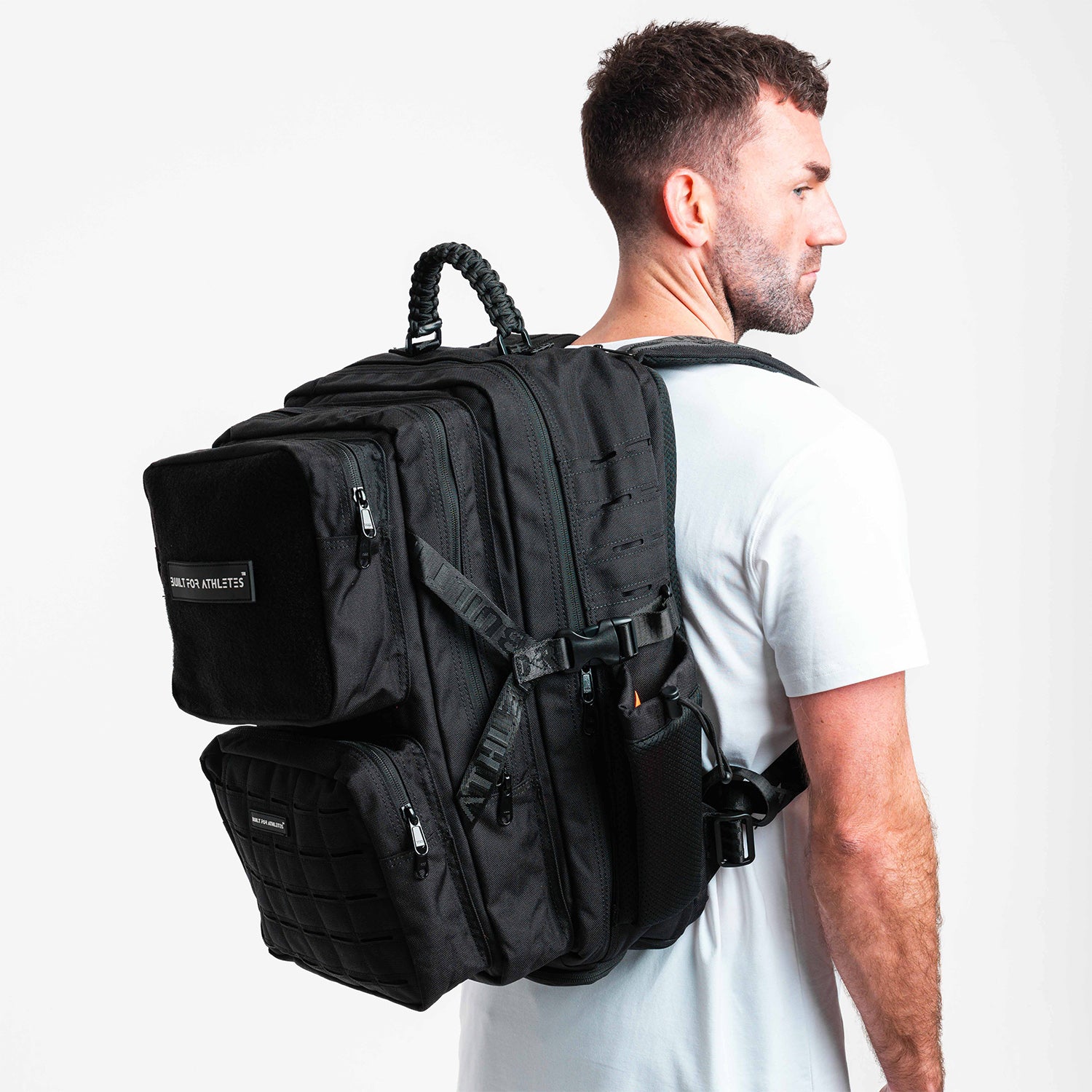
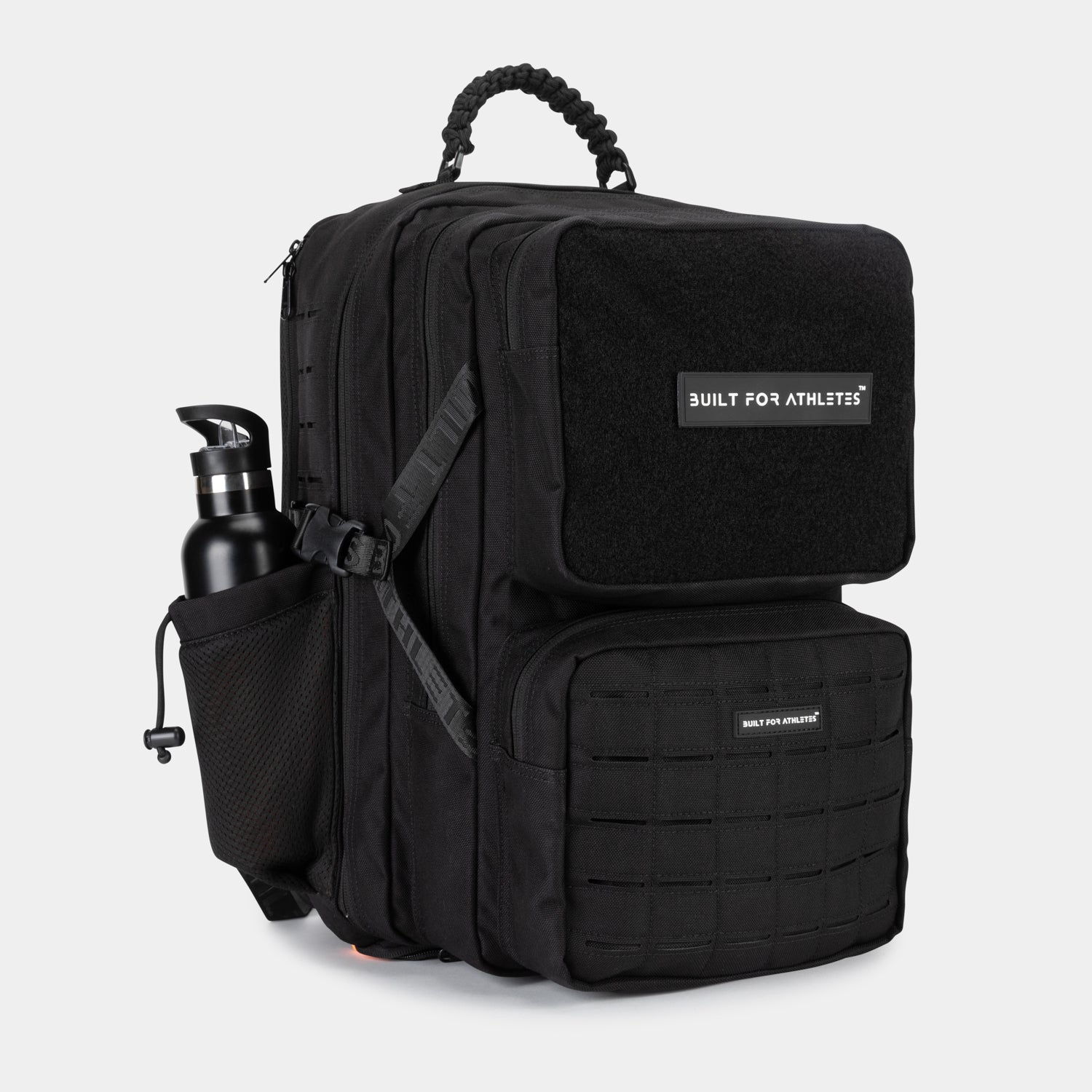







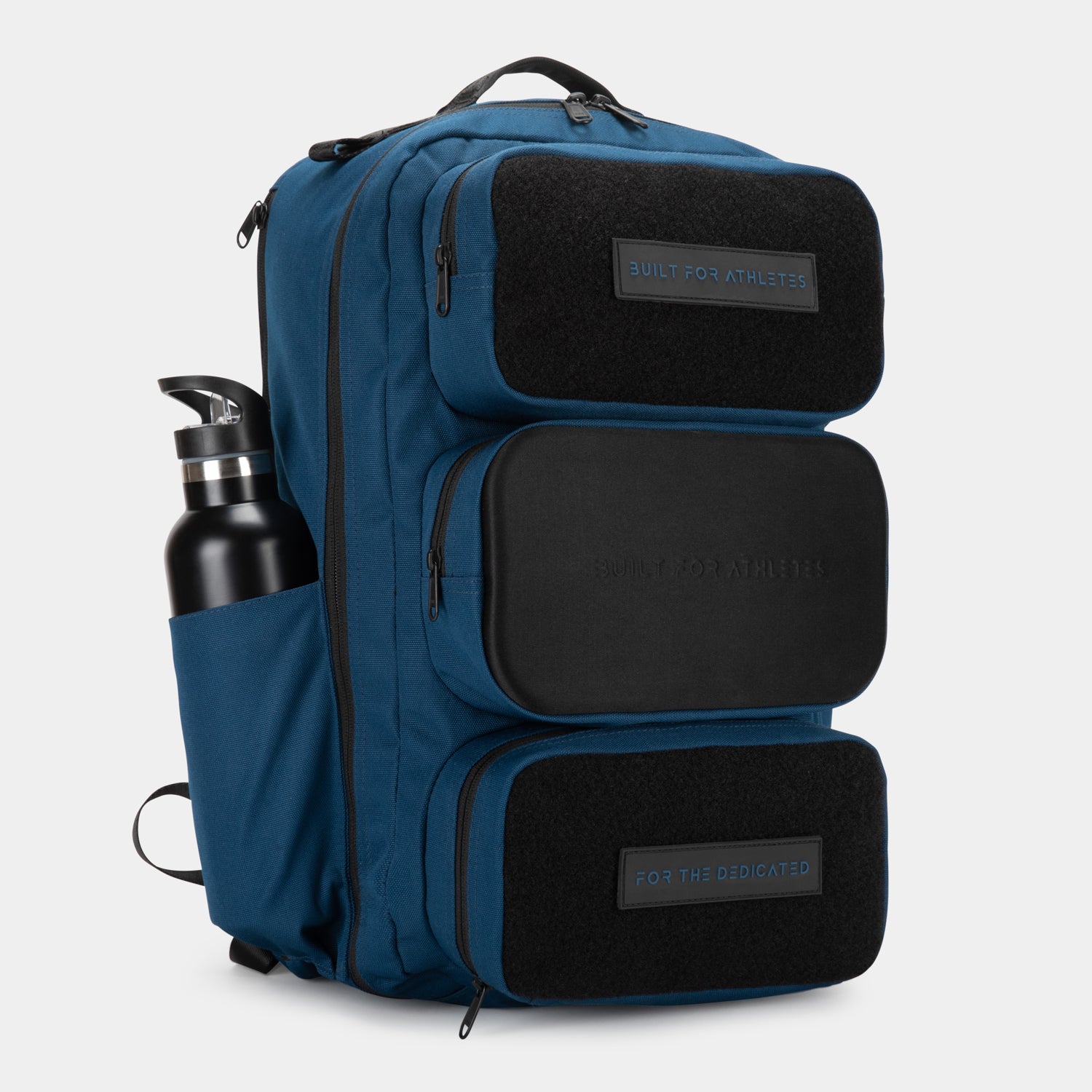
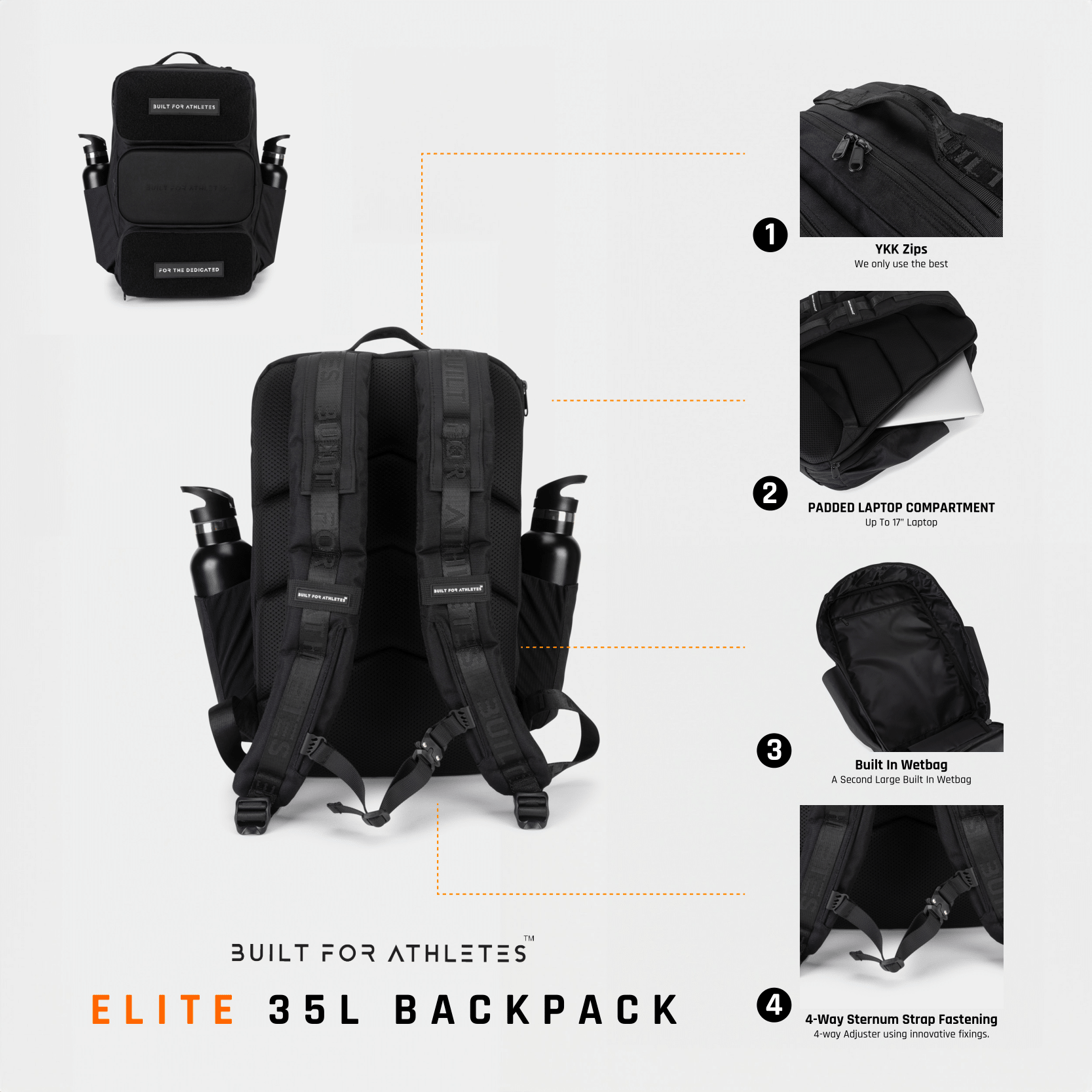
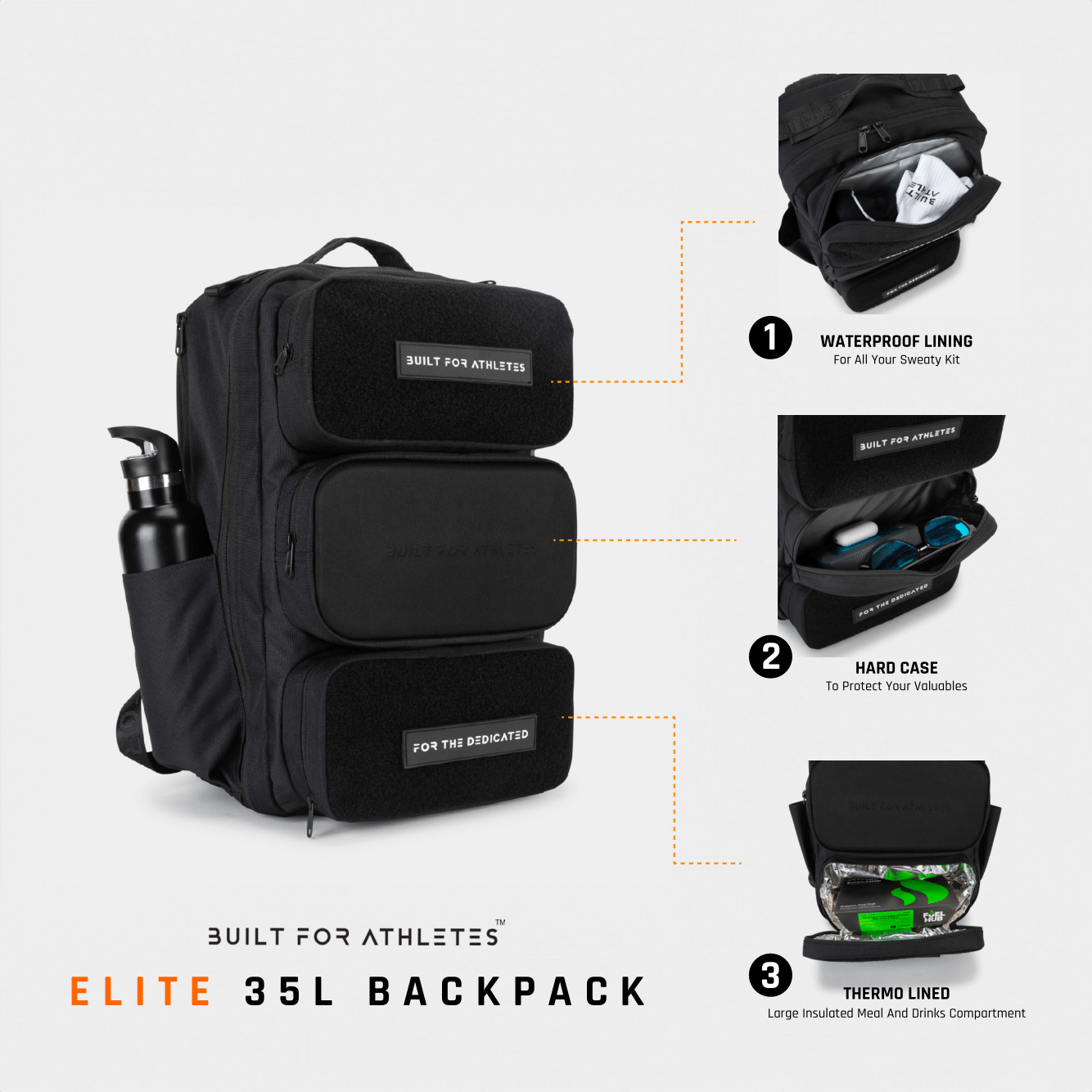




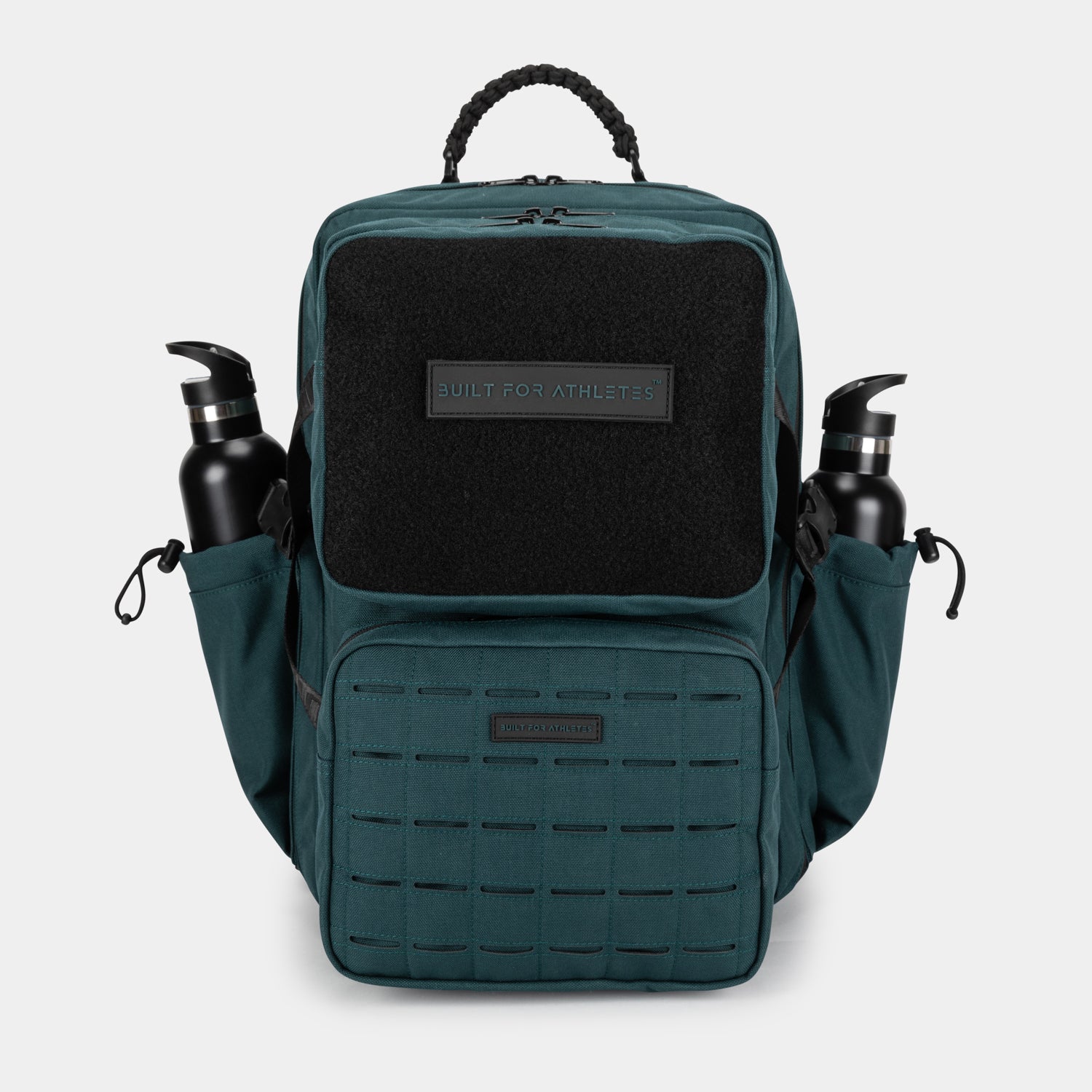
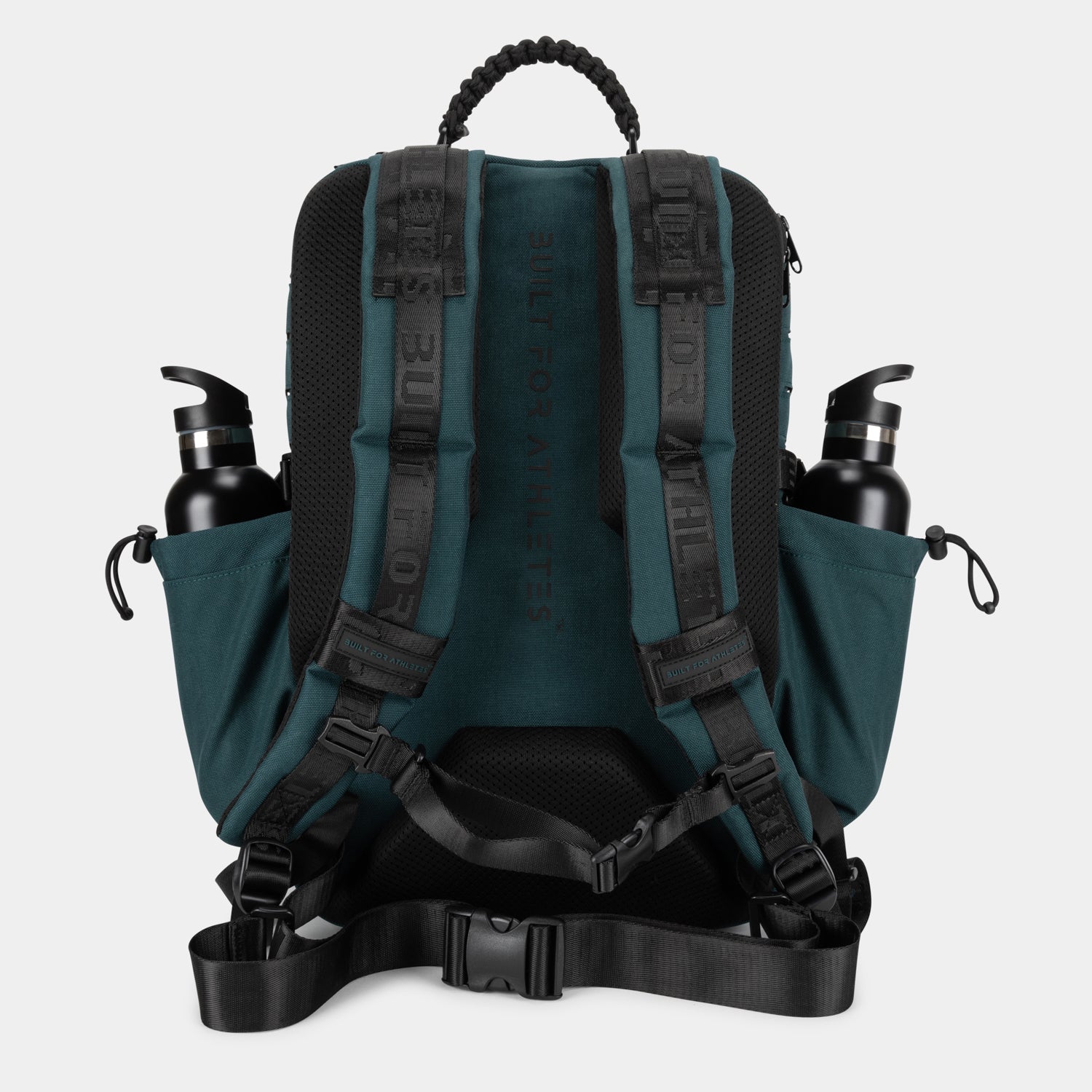

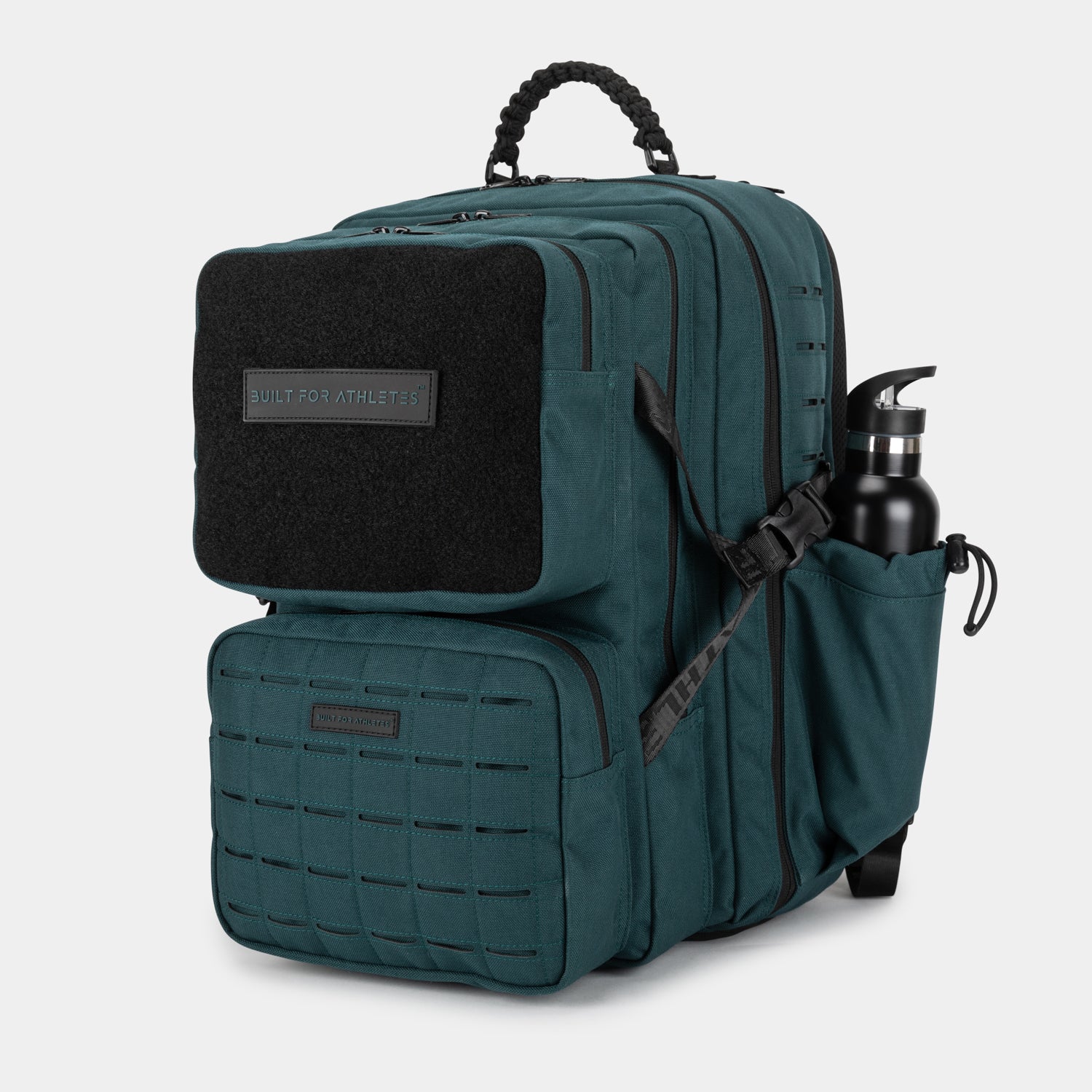

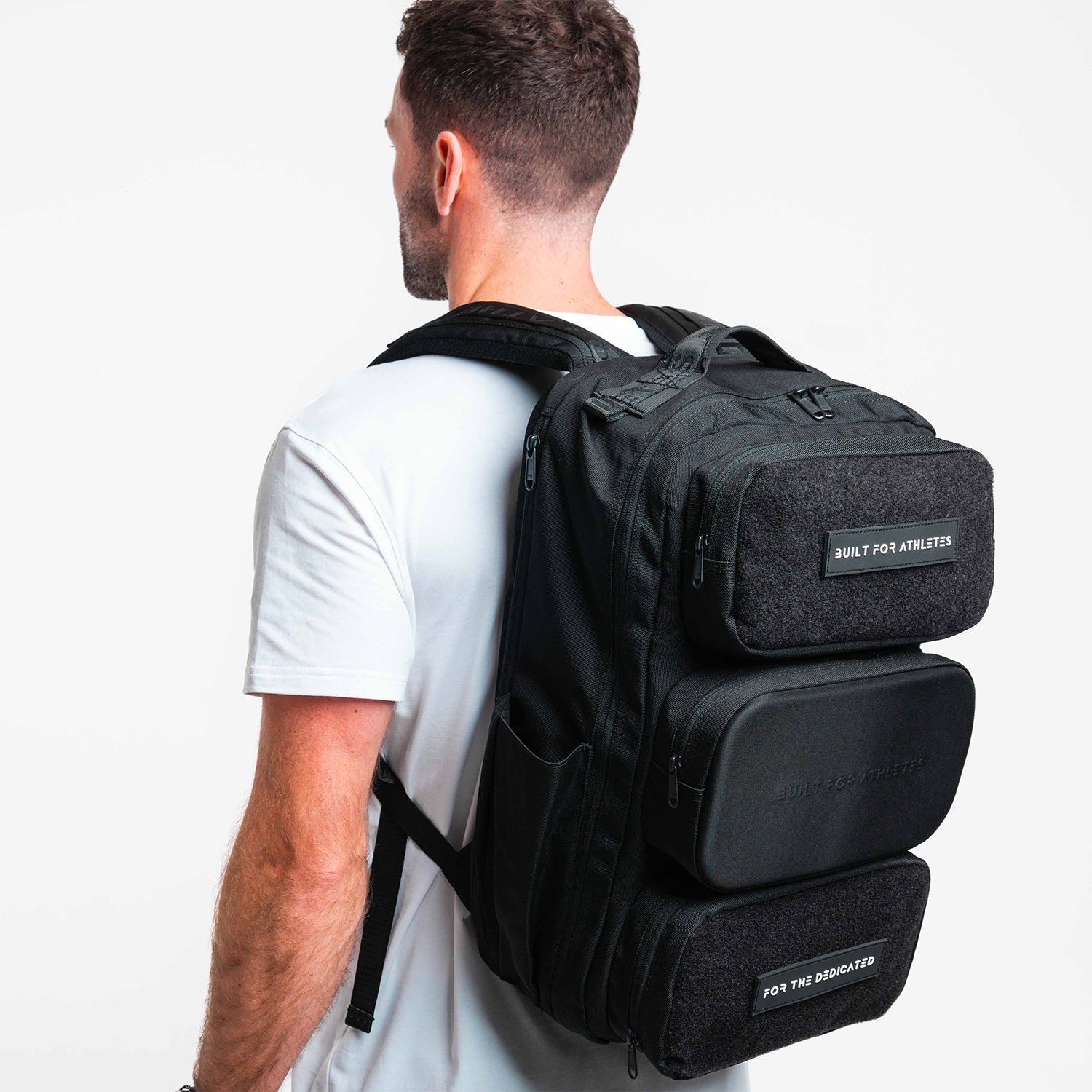
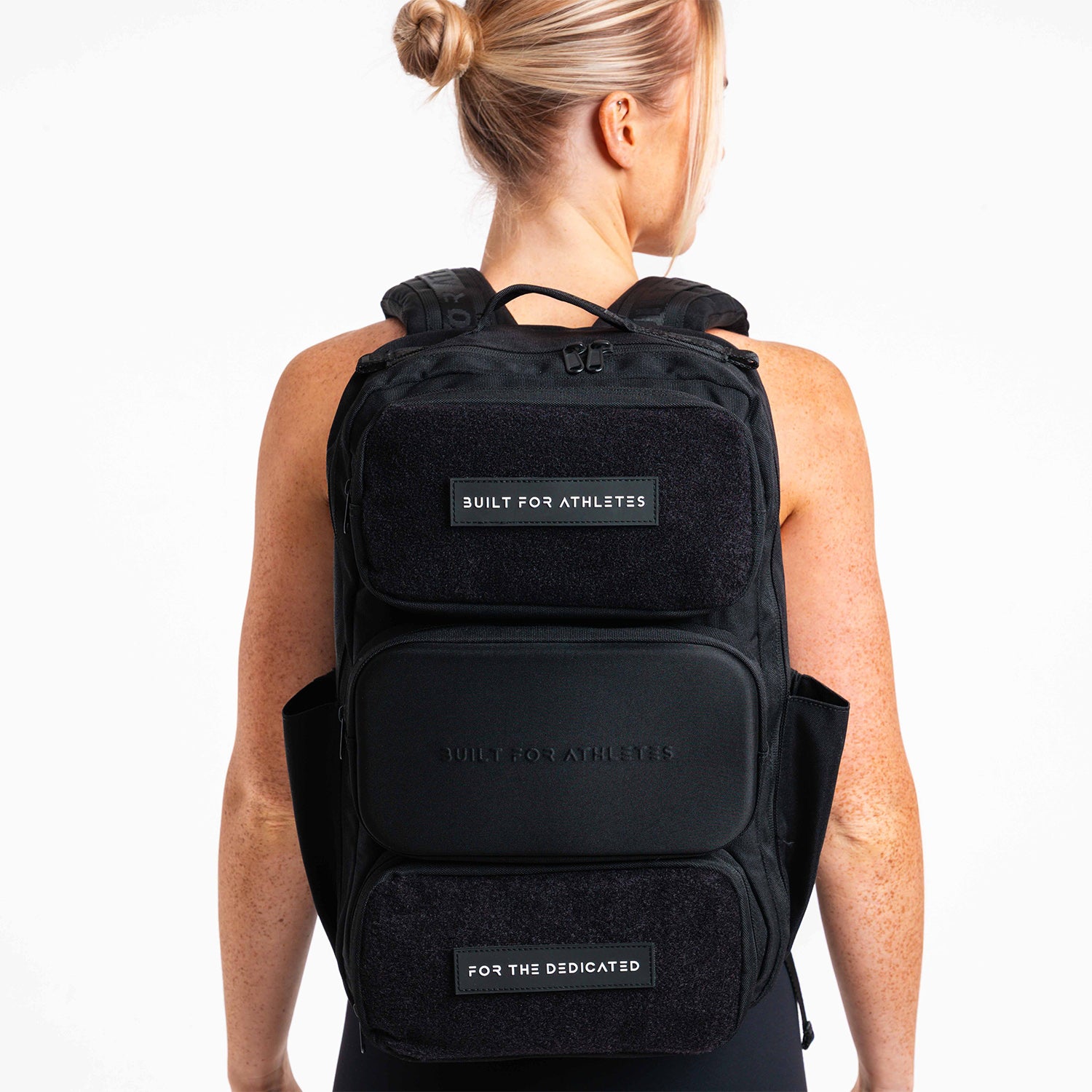
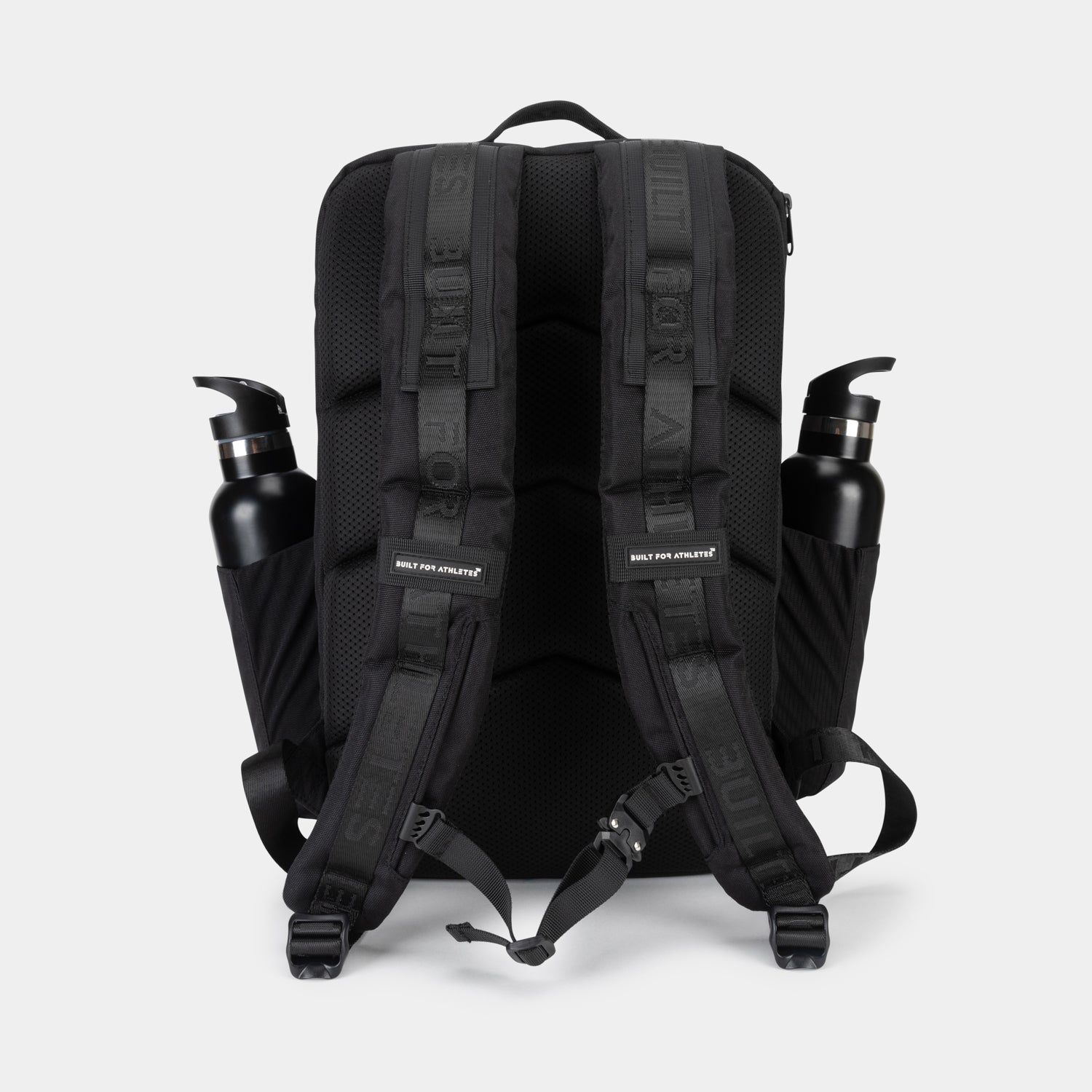
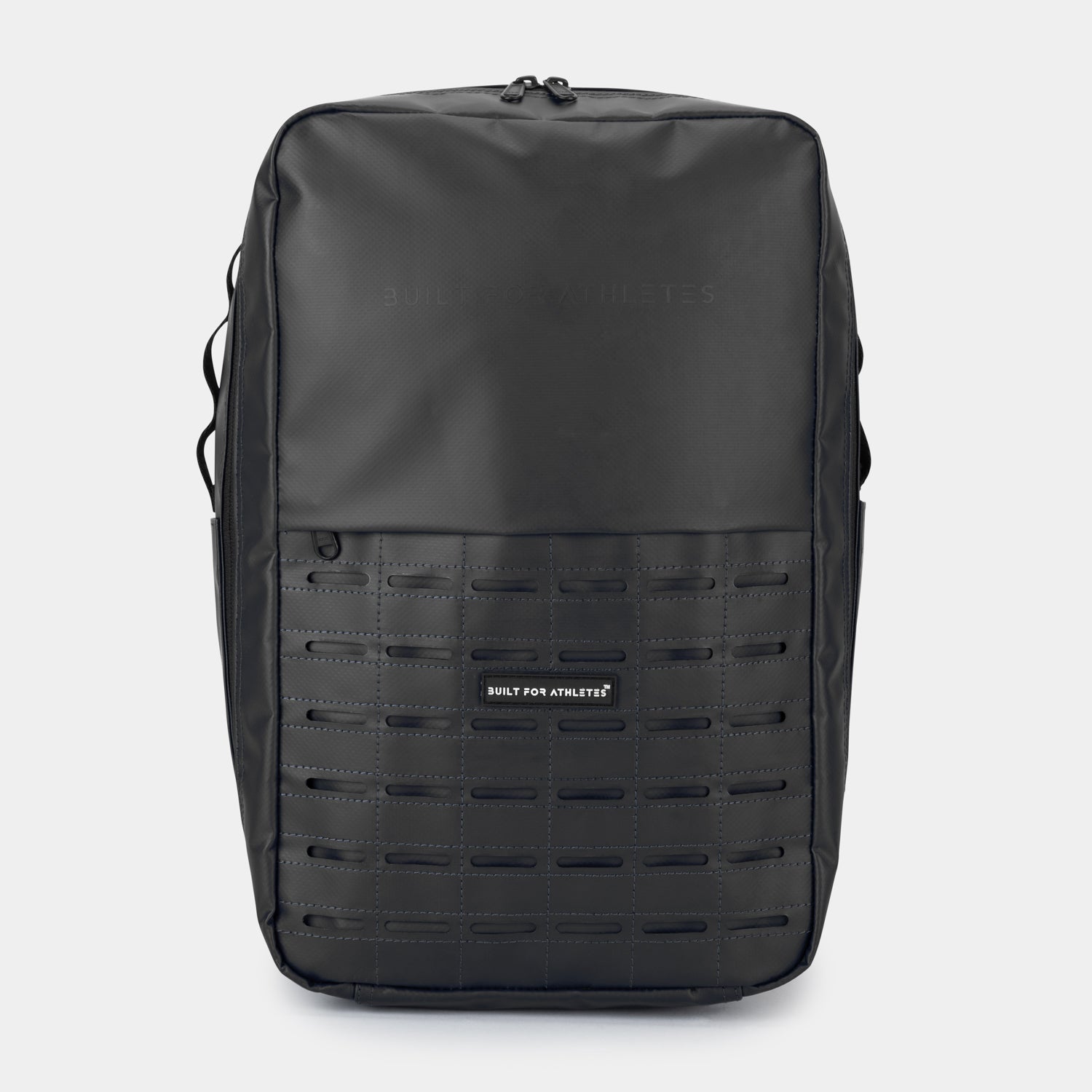
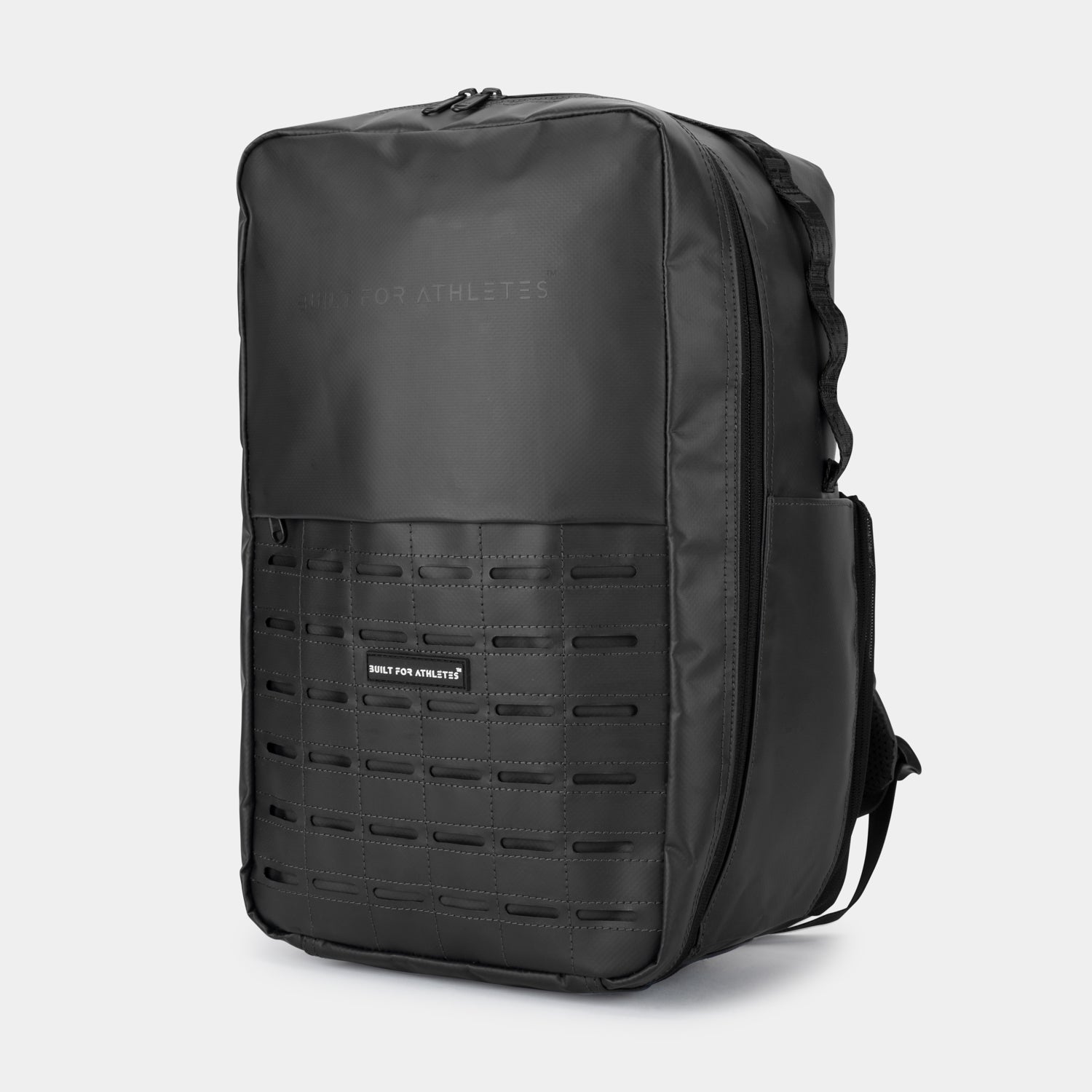
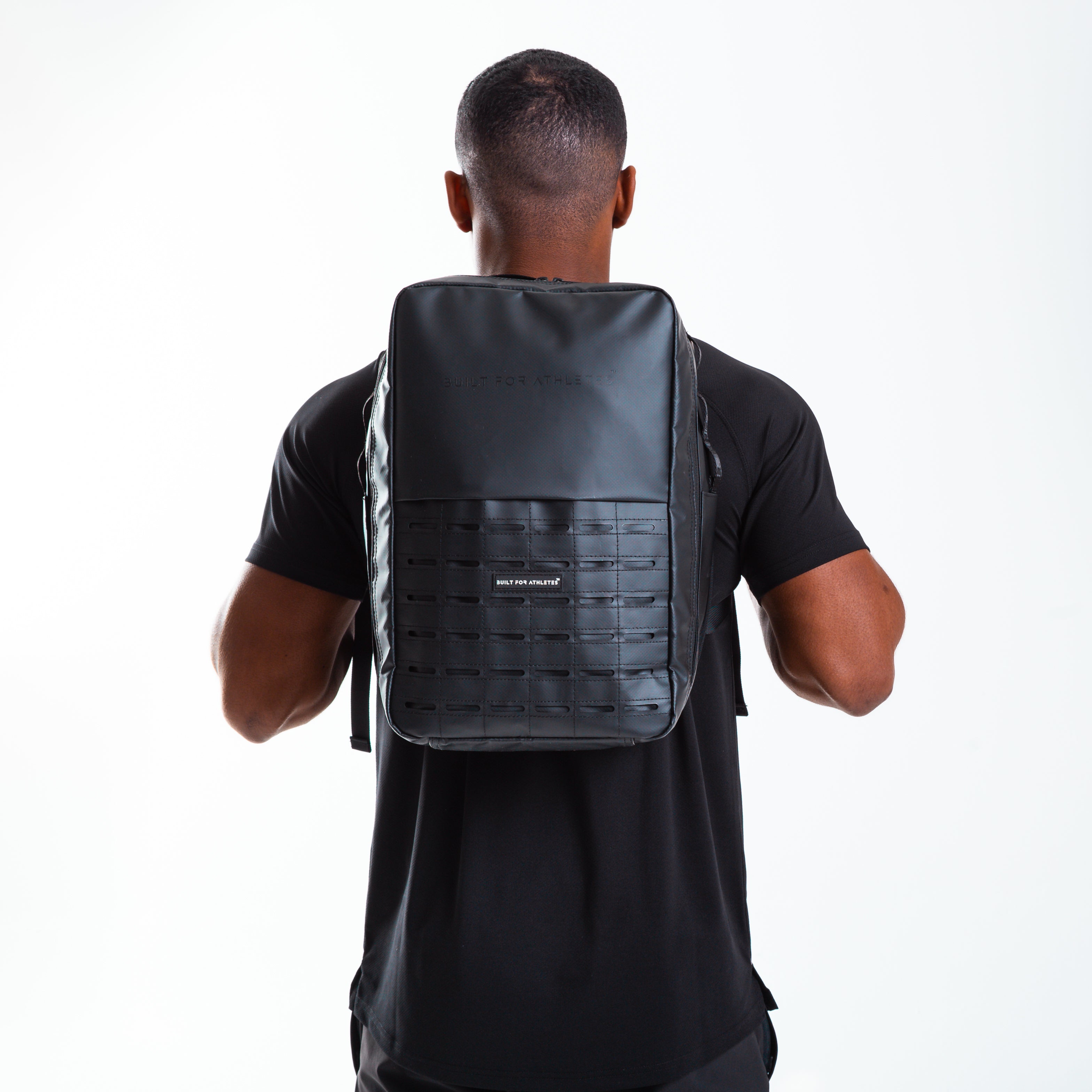





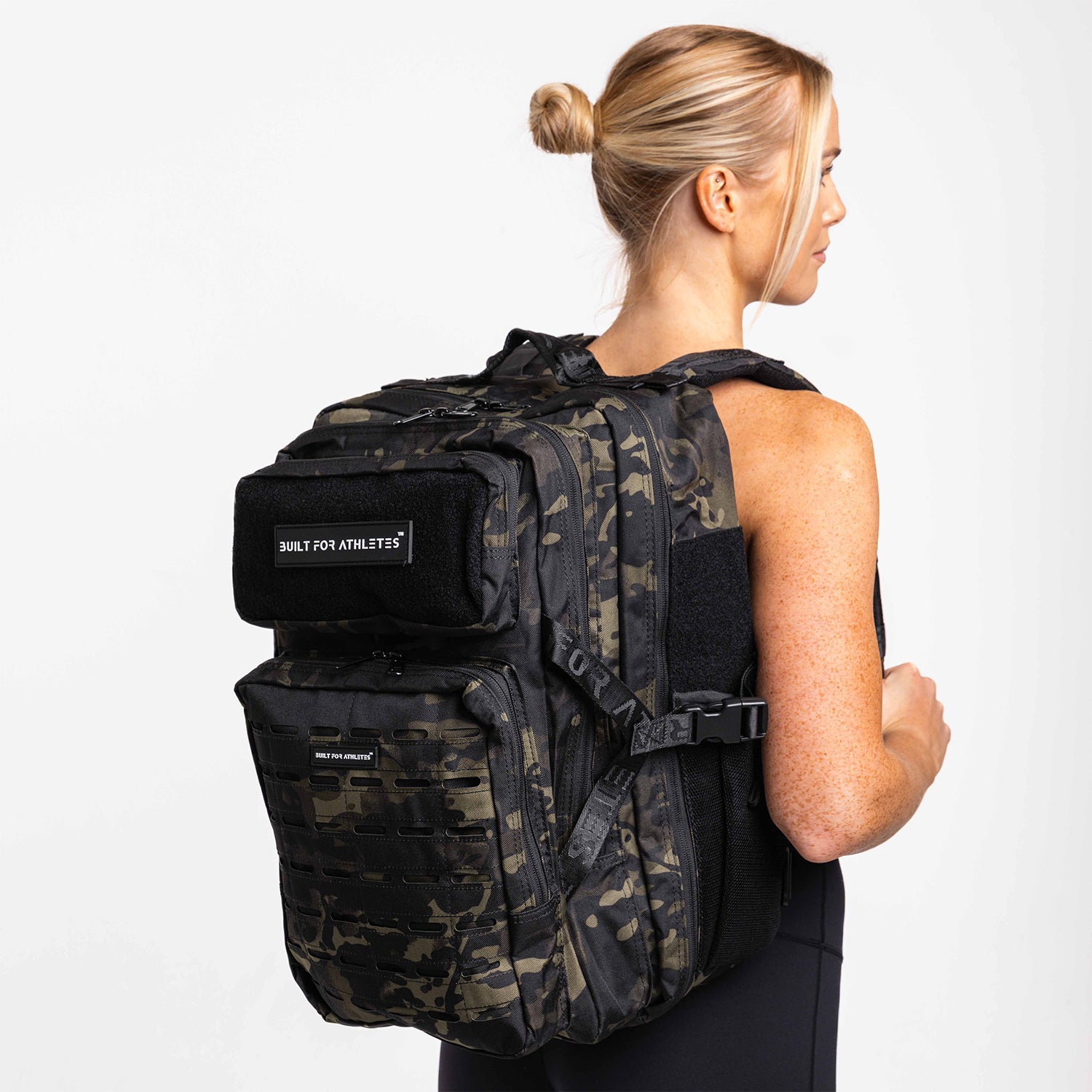
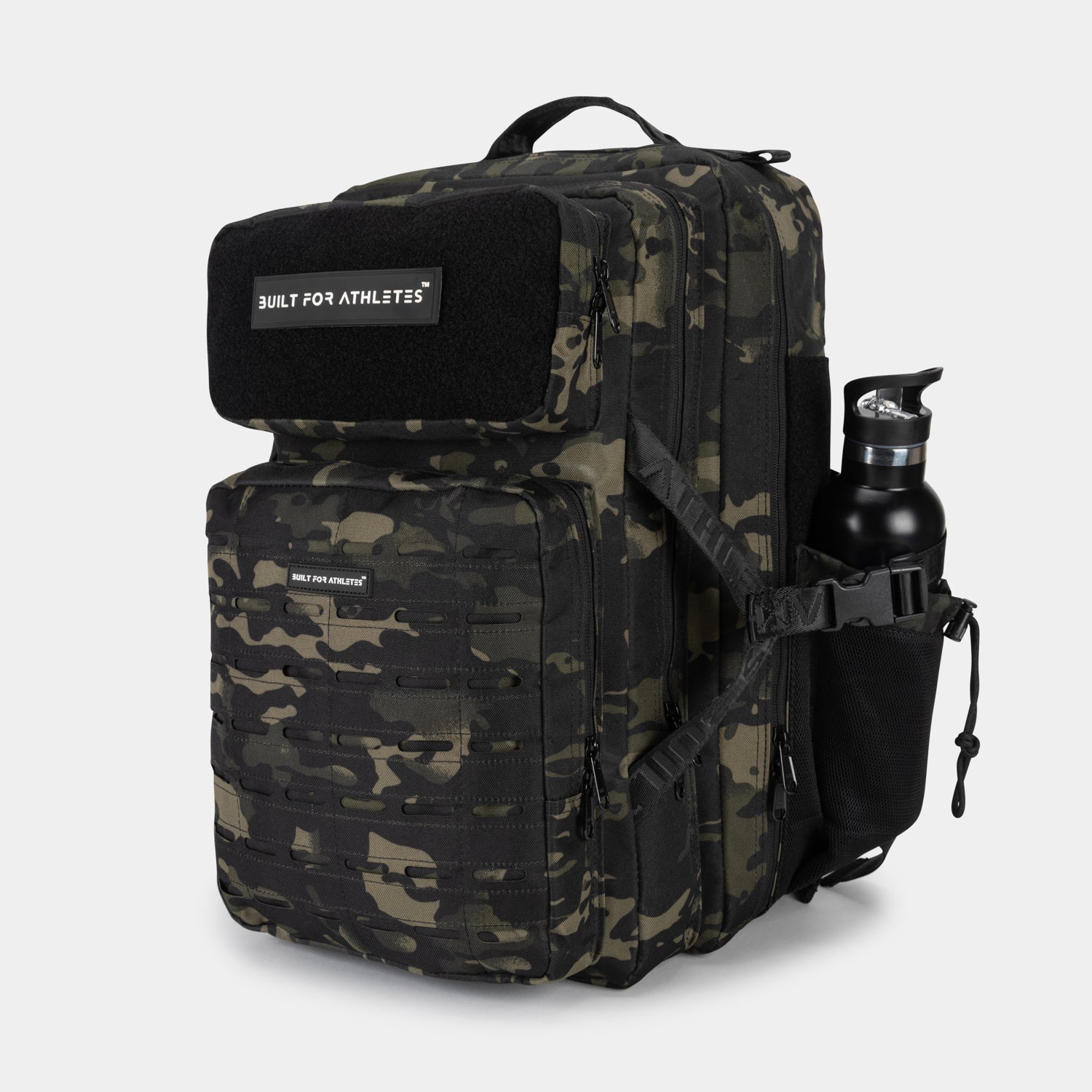
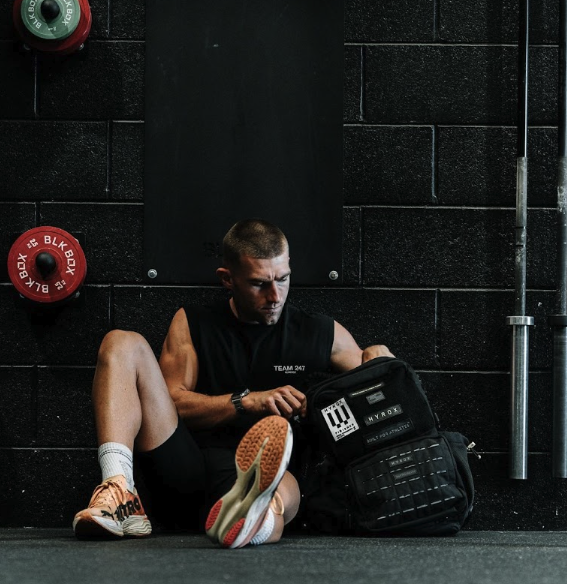
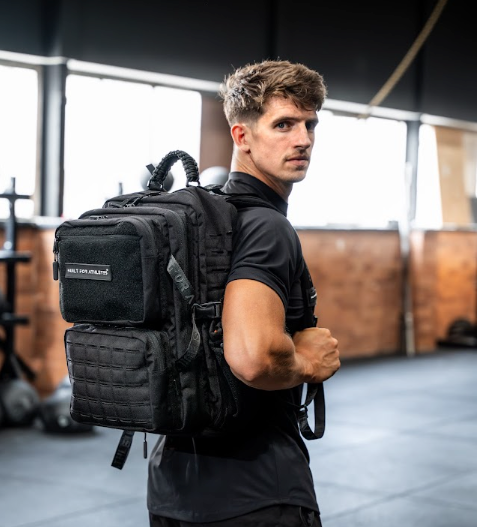
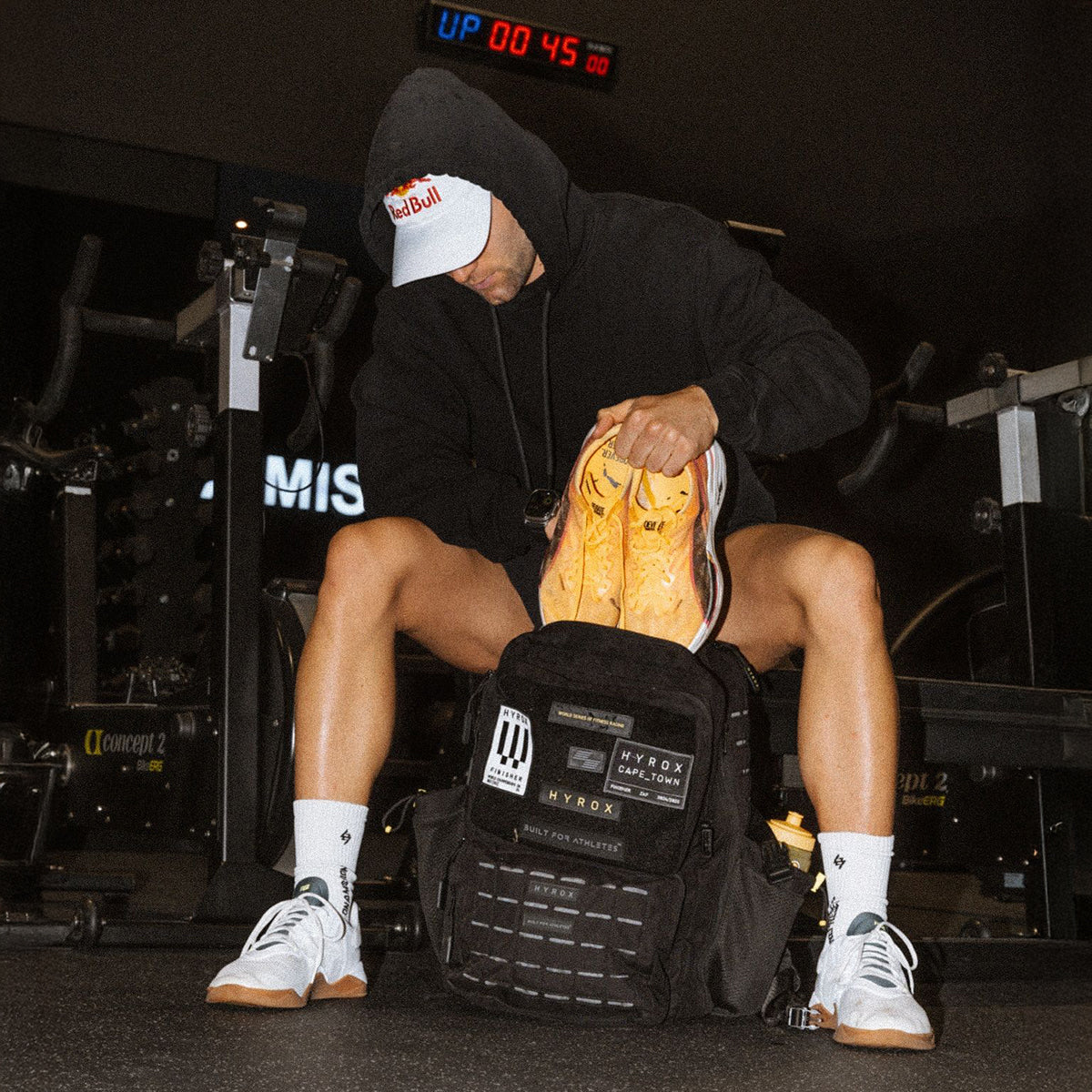
Share:
5 Overnight Oat Recipes To Fuel Performance
CrossFit Games Reduced To Field Of 30